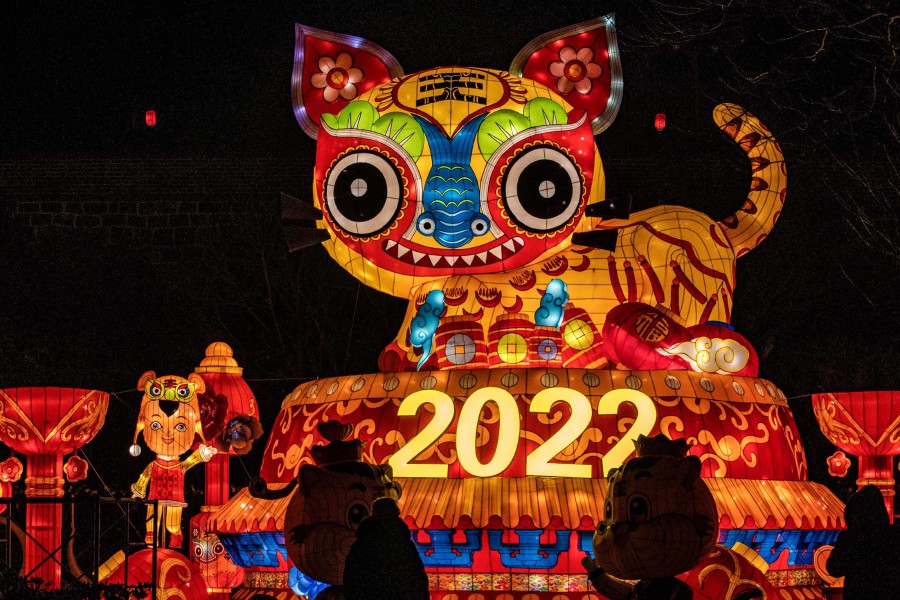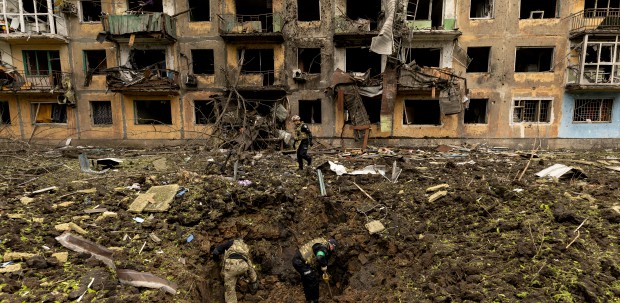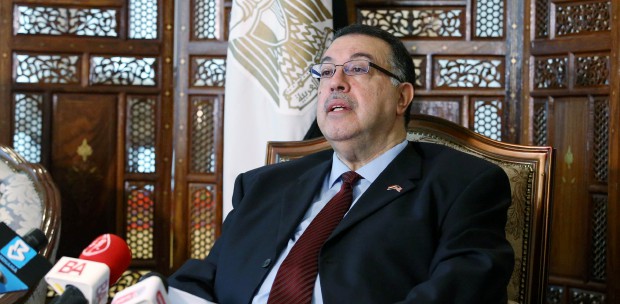EVERYONE always spends the last weeks of the year reflecting on events, reminiscing, and thinking about the "what ifs".
There will be some who will look to the duos annos horribilis we had of 2020 and 2021, and bemoan the upheaval of life the two years have wreaked on us. Others will look at the past year and talk of the lessons learnt, the experiences valued and those we lost.
Instead of that, why not take a voyage of optimism and see what 2022 can potentially bring, at least in international relations. Put aside the devastation in the Philippines wrought by Typhoon Rai, the record-breaking number of refugees in the world and the global inflation on the prices of food.
For all we know, Russia's "military-technical" reaction vis-à-vis Ukraine and the North Atlantic Treaty Organisation expansion will just be another chequerboard move, where a stronger neighbour positions troops within a menacing distance from the border as either a deterrence or a warning to the neighbour.
Like in a chequerboard, once the barrier is set, the only way for either side to move is to go over the head of the closest piece. That requires effort and a whole lot of crazy — something that, unless the returns were astronomical, would be sheer folly for any sitting leader.
On the other side of the divide, where another superpower sits, entering into a foreign fray when it had just stepped out of a 20-year war would also be sheer folly.
The best that can happen is that its allies would step up and keep the superpower in check. So another chequerboard move of one step forward and one step back.
It might be that this stalemate scenario will be proven wrong. But references to this situation, being like the Cuban missile crisis, are so far off the mark.
Those were the days when the world was not dealing with a global pandemic, nor were sea levels rising faster than our paltry attempts at reversing the world's temperature.
Nowadays, there is no appetite for finding more fires to put out, much less starting a bonfire in anyone's backyard.
Could we possibly see a rapprochement on the Korean peninsula in 2022? Mid-2021 saw their bilateral hotline restored, allowing negotiations, and discussions on transport coordination and economic cooperation to take place.
Then again, looking at the pattern of baby steps in rapprochement, followed by an even bigger stride in widening the divide, this does not look to be the case for 2022. Unless, of course, something big and unexpected happens to force the process of reconciliation.
Afghanistan might be able to finally find peace and settle down as a normal developing nation in 2022. Not impossible, but highly improbable with all the negative reports coming out of that country.
How does a country, newly won, tackle so many accusations of gender-empowerment backtracking, free-fall zealotry, and the destruction of economic activity?
The political rivalry between the United States and China might well fizzle out in 2022. We can only hope.
Though with the signing into US law recently of the ban of imports from the Xinjiang region, the diplomatic boycott of the 2022 Winter Olympics, and the jockeying for influence over the world's economy, this, too, looks like a pipe dream.
Closer to home, it might be that 2022 will be the year when the Rohingya finally find it safe to return home, migrating like birds during the winter, and allowing the closure of the camps in Bangladesh that is currently home to at least 1.1 million people. Again, unlikely.
Asean is still grappling with how it should deal with the entities and individuals that now run Myanmar — do they ignore those in power, do they give a token slap on the wrist, or do they come down hard on another member country the way some other powers want them to?
Thinking positively about 2022 is difficult. A better person might be able to manage it.
The only "upside" to the many dilemmas, problems and situations that international relations practitioners face in 2022 is that there will be no dearth of opinions, expert or otherwise, sought.
It makes for a good living, especially for those who make a living creating a narrative out of it.
Still, stranger things have been known to happen. This second year of the second decade in the 21st century might just surprise us all. And in a good way.
The writer is a foreign service officer, with views on international affairs






